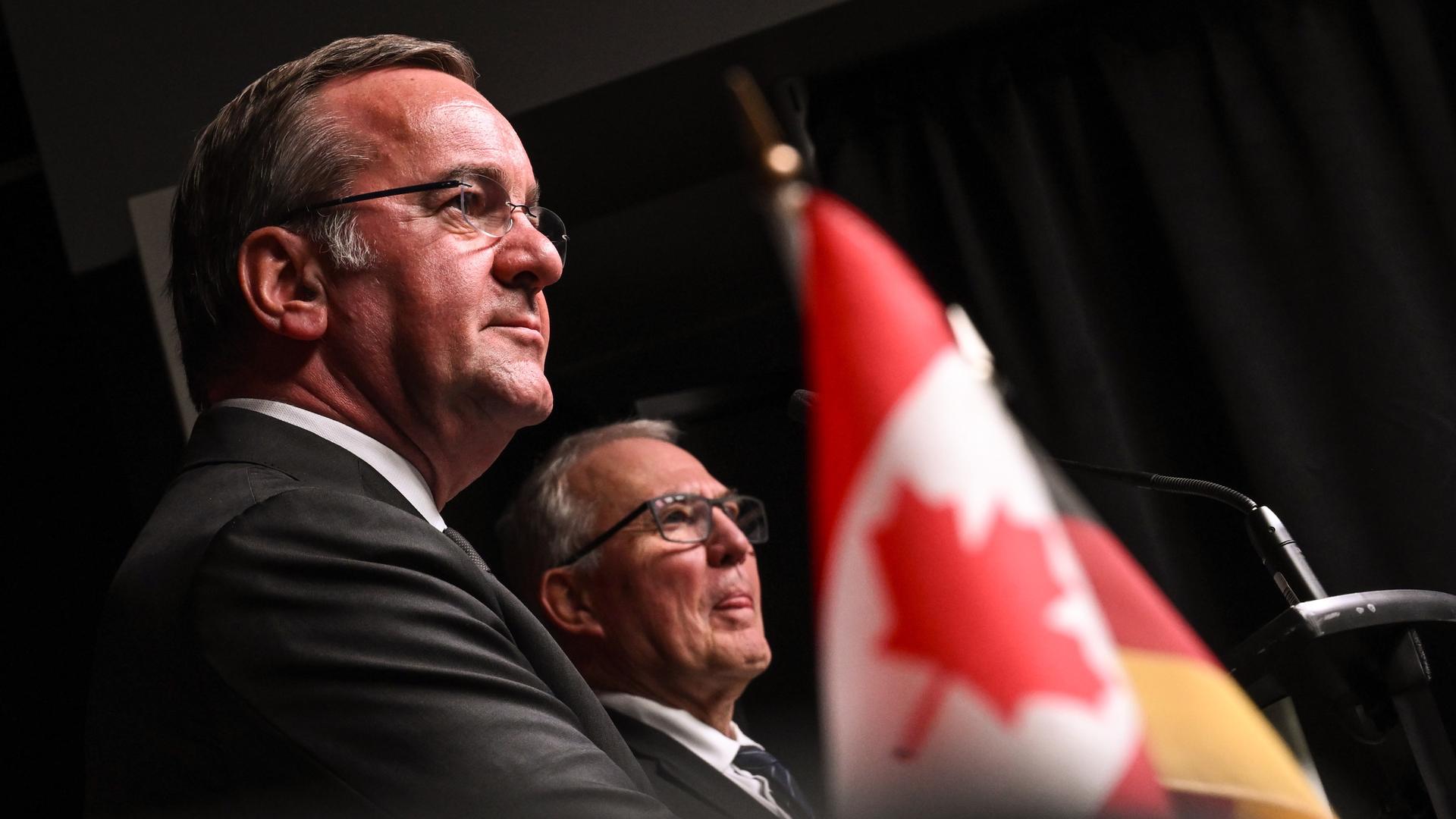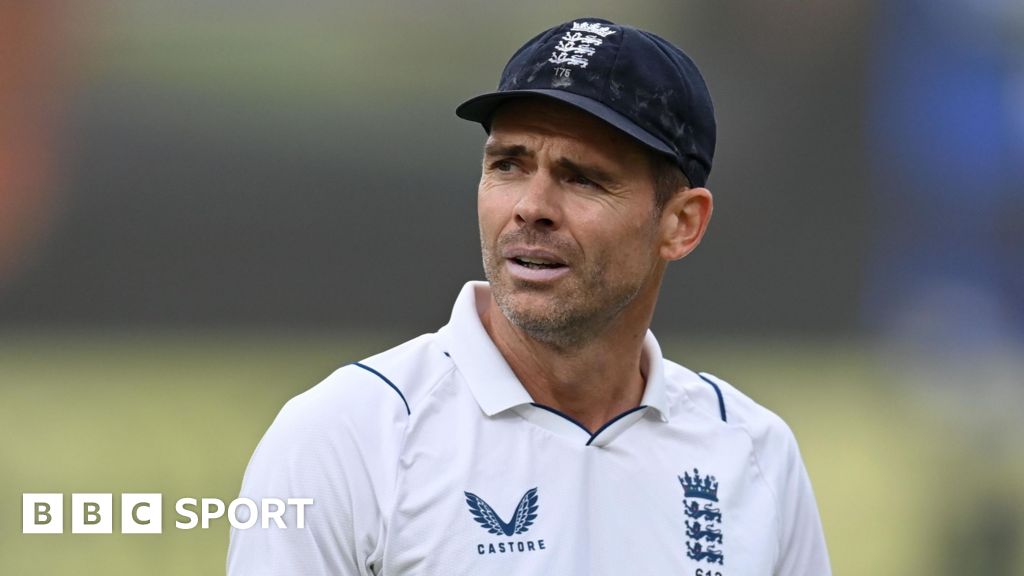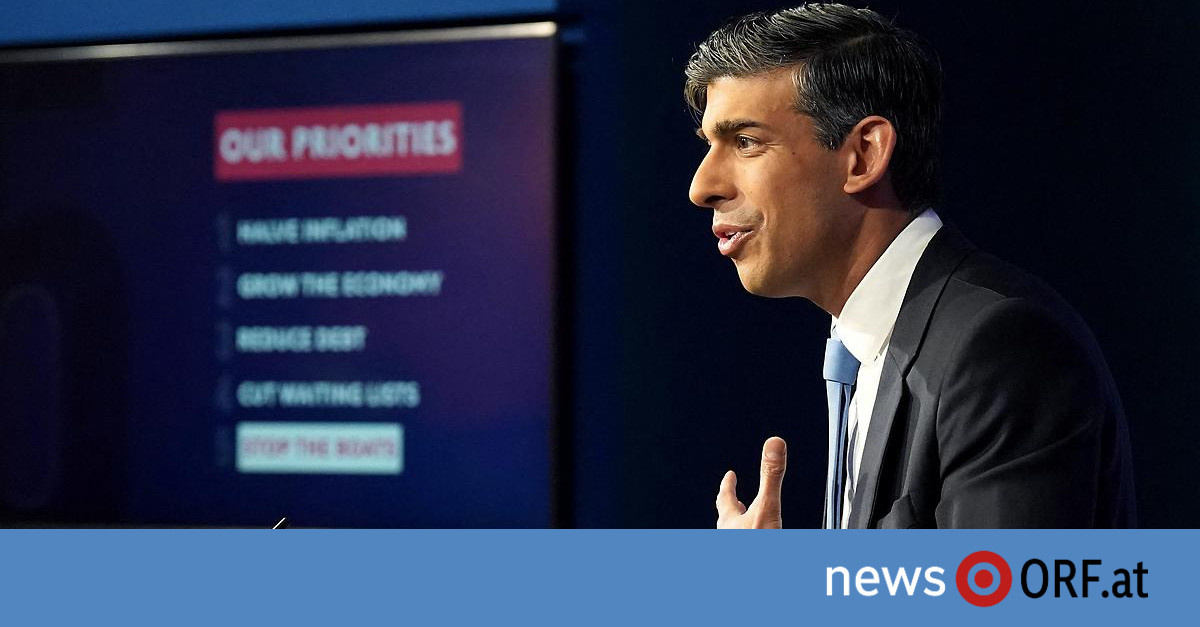Argument for this may now be difficult for Prime Minister Rishi Sunak's conservative government. The Observer cited Home Ministry documents in the report. According to the British government, the planned move was intended to prevent people from crossing the English Channel. In the future, those who entered the country irregularly could be brought to Rwanda, where critics accuse them of human rights abuses, without their asylum application being considered, and asked to seek protection there instead. There are no plans to return to Great Britain.
The scheme was declared illegal by the Supreme Court in mid-November. Supreme Court judges express concern over asylum-seeking process in Rwanda It cannot be ruled out that asylum seekers will be deported from there to their home countries. The government in London wants to declare these concerns unfounded by law. The draft bill will be debated in the second reading in the Upper House on Monday.
Backlash at the top
Earlier this week in London, the House of Lords voted in favor of a motion not to ratify the Basic Agreement with Rwanda for the time being. Sunak had sternly warned the House of Lords not to stand in the way of the will of the elected Lower House. However, a report recommended that Rwanda not ratify the agreement until all security requirements are met. The House Accountability Committee approved the report with votes from members of both major parties.
Despite the vote, it is widely expected that the House of Lords will not ultimately block the treaty or the legislation. However, known important overheads may delay the planned schedule. This will make it difficult to implement before the next parliamentary elections. Sunak has recently come under pressure because his extradition bill did not go far enough to the right wing of the party. Appeals to international courts should also be barred – there should be no loopholes, they demanded.
This plan is intended to act as a deterrent
London has already given hundreds of millions of pounds to Rwanda without anyone coming. This program is primarily intended to act as a deterrent. The mountainous inland state is about the same size as Carinthia and Styria combined, but has about 13 million people.
The country experienced its darkest hour in 1994, when members of the Hutu majority killed between 800,000 and one million Tutsi minorities within three months. The country managed to cope relatively well with the genocide, and a resurgence and success story began – albeit flawed.
Paul Kagame has been president since 2000, and the former rebel leader has been defense minister and vice president since 1994. International experts consider Kagame to have stabilized the country politically and above all economically. Rwanda is considered one of the African countries with the highest economic growth rates for two decades.
Rwanda: President with dictatorial style
However, President Kagame is accused of increasingly authoritarian leadership. Essential democratic rights are lacking in Rwanda, opposition through pressure is minimal, and freedom of the press is very limited. Human rights violations are also regularly documented.
Rwanda has come under international pressure after being accused of providing military support to the M23 rebel group in the Democratic Republic of Congo. The conflict escalated in 2012, with Rwanda threatened with sanctions and the Netherlands canceling development aid to the country. And last year the conflict erupted again at the international level.
Labor is leading in the polls
The Social Democratic Workers Party, which has a clear lead in all opinion polls, has announced that it will no longer pursue the Rwanda project. The Labor Party is leading the election polls over Prime Minister Rishi Sunak's ruling Conservative Party. Ahead of the general election expected in 2024, a poll by polling firm Opinium predicted Labor would win 42 per cent of the vote and the Conservatives 27 per cent.
That widens the gap to 16 percentage points from 14 percentage points in the survey two weeks ago. A recent poll found that two-thirds of voters see health care as the most important issue in Britain, followed by the economy and immigration.

“Communicator. Entrepreneur. Introvert. Passionate problem solver. Organizer. Social media ninja.”







More Stories
Pistorius recommends that Canada cooperate in the Arctic
Great Britain: Climate hotly debated
US lawmakers introduce bill to ease restrictions on export of AI models